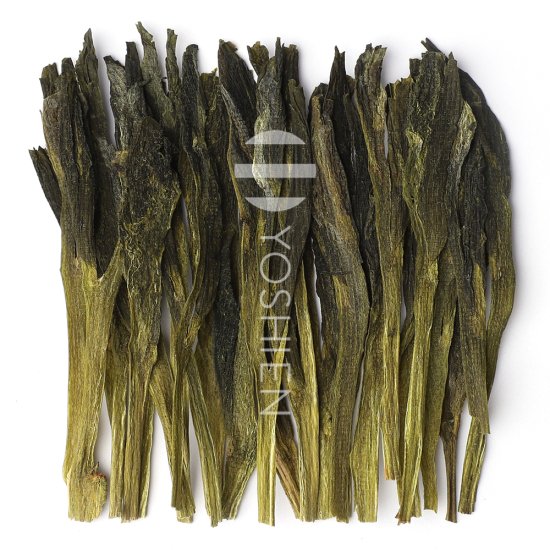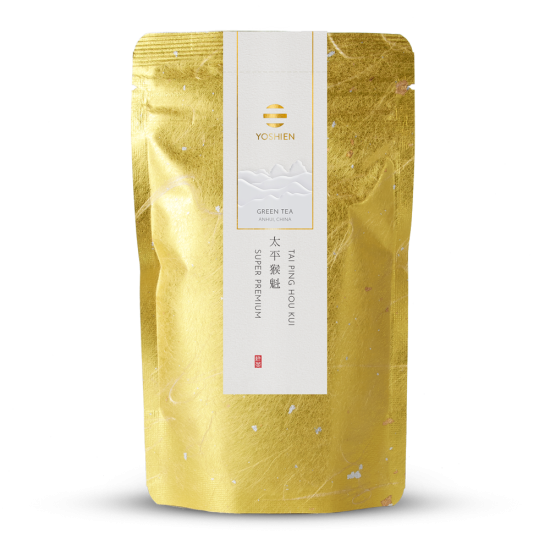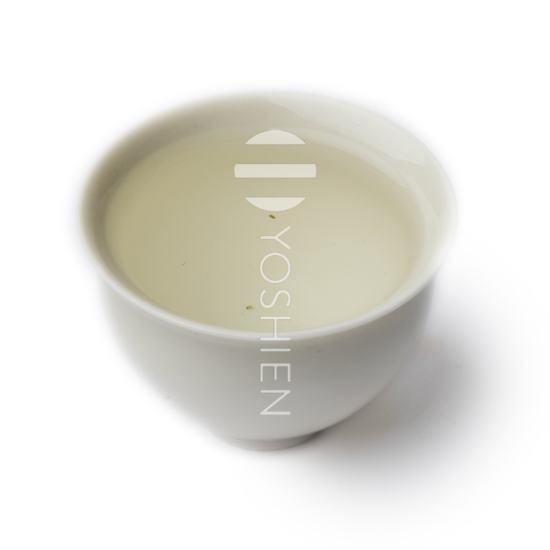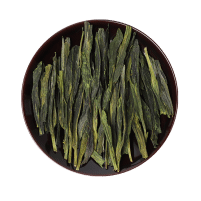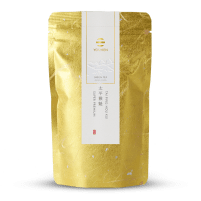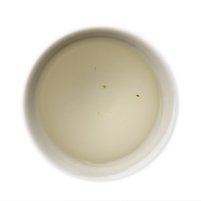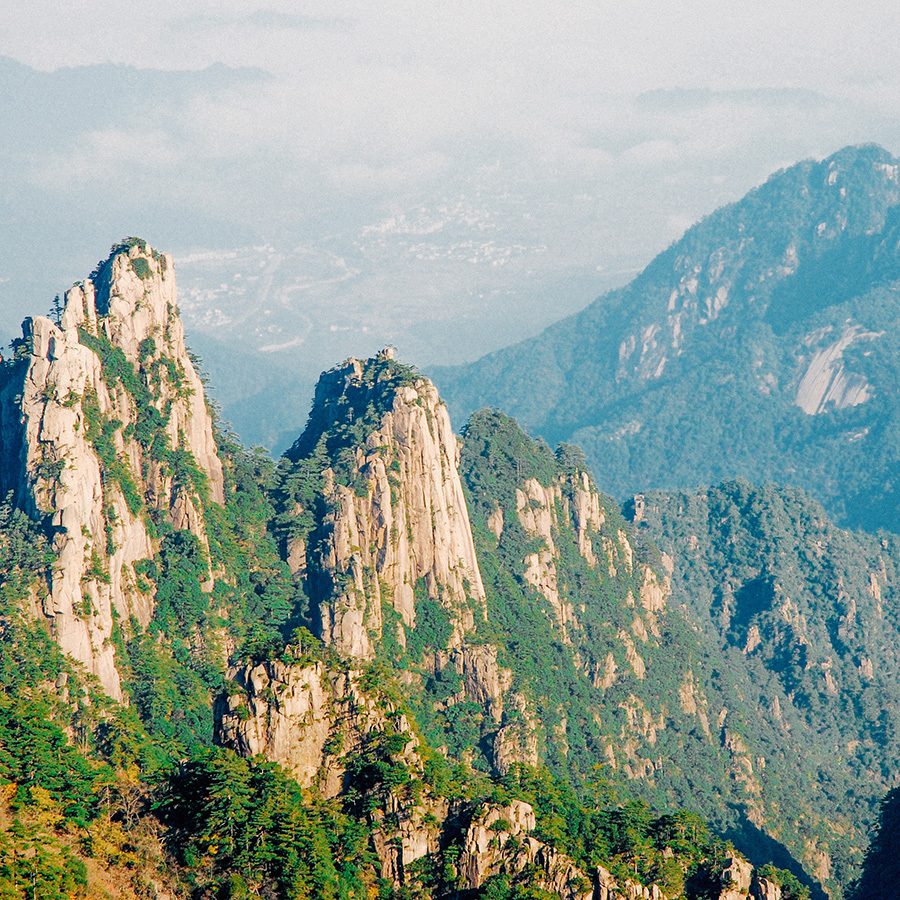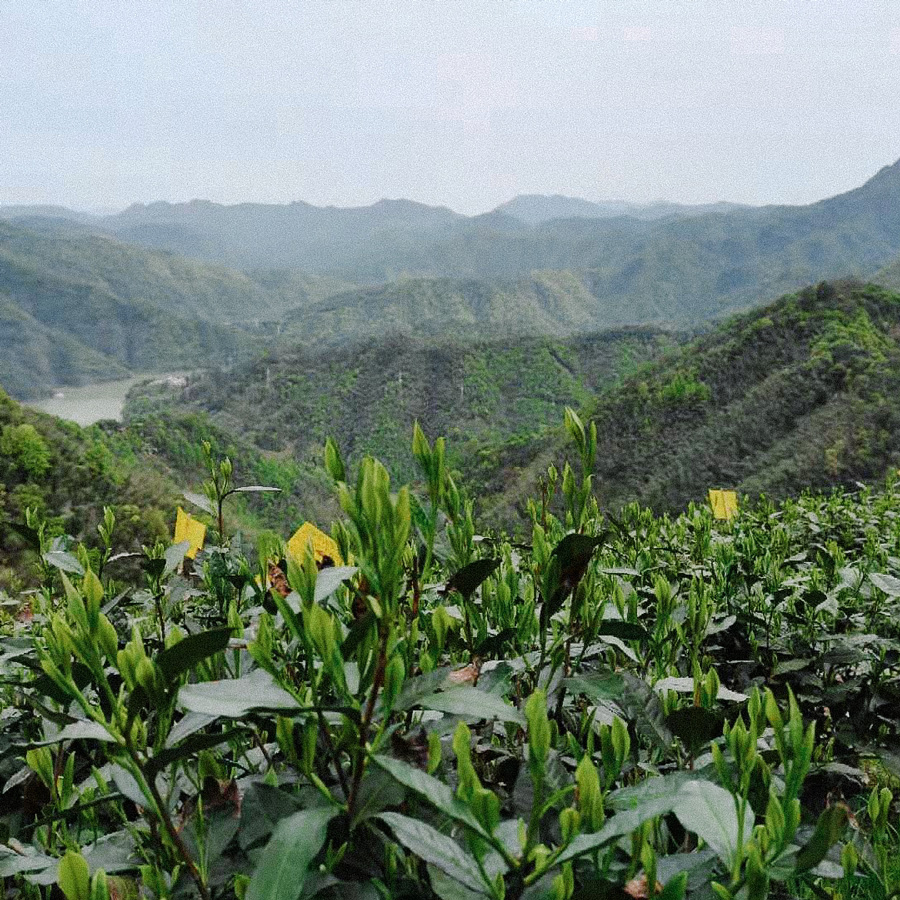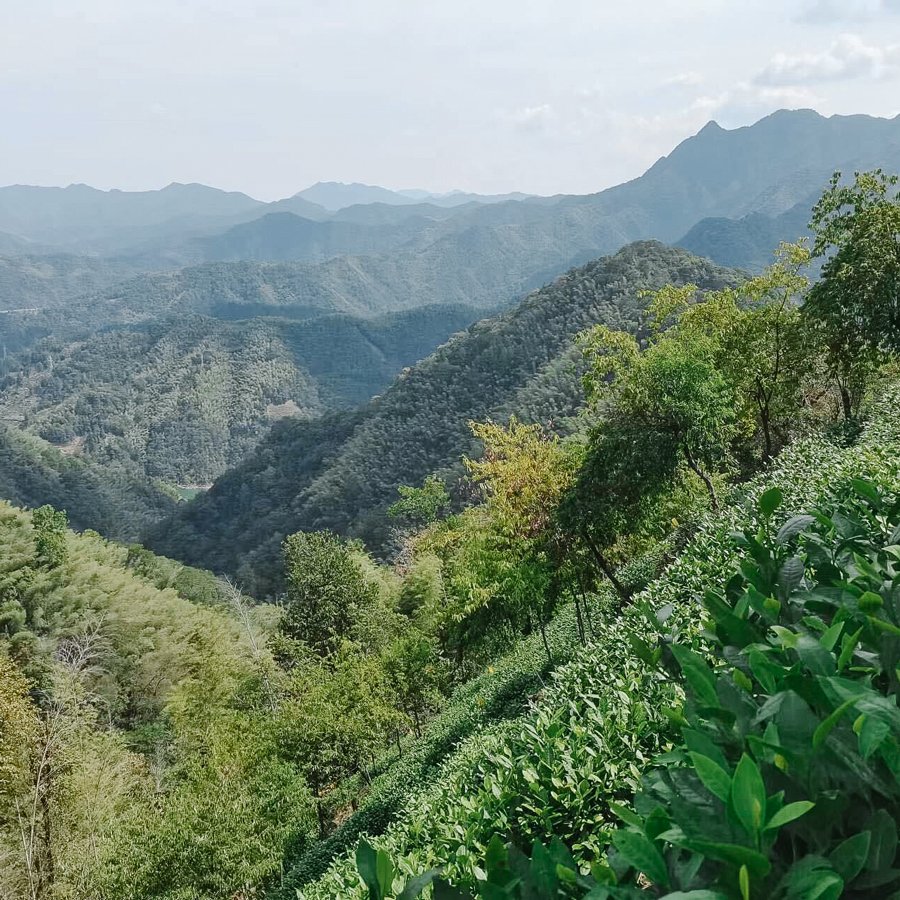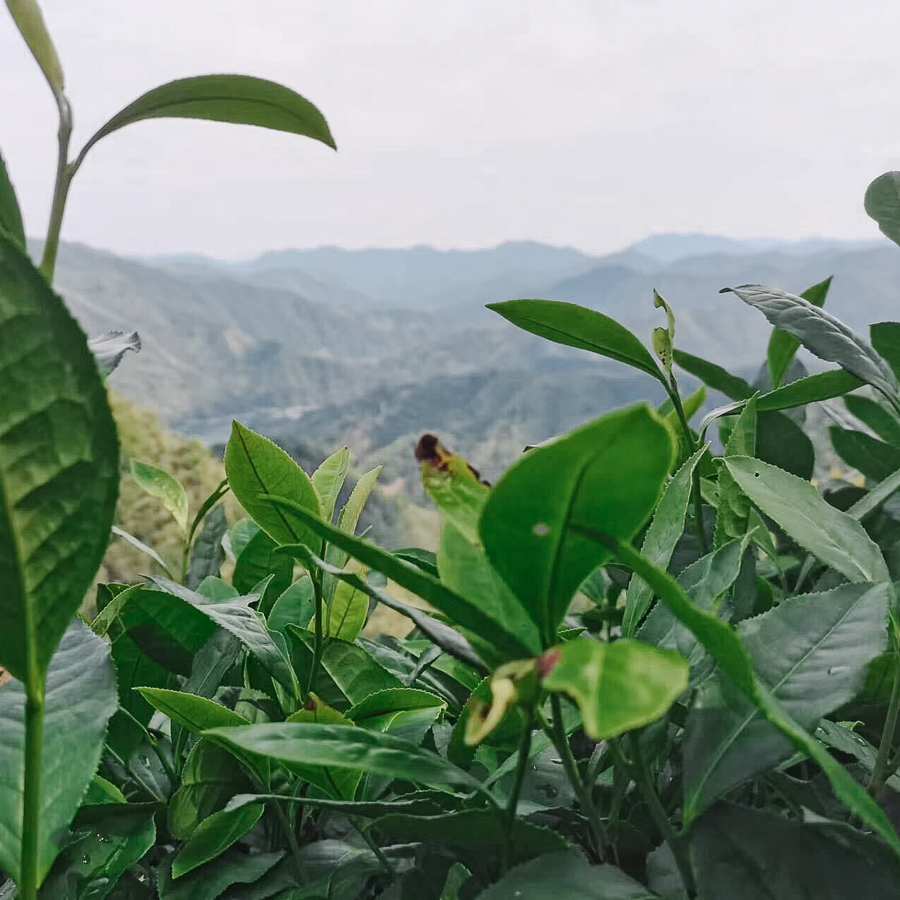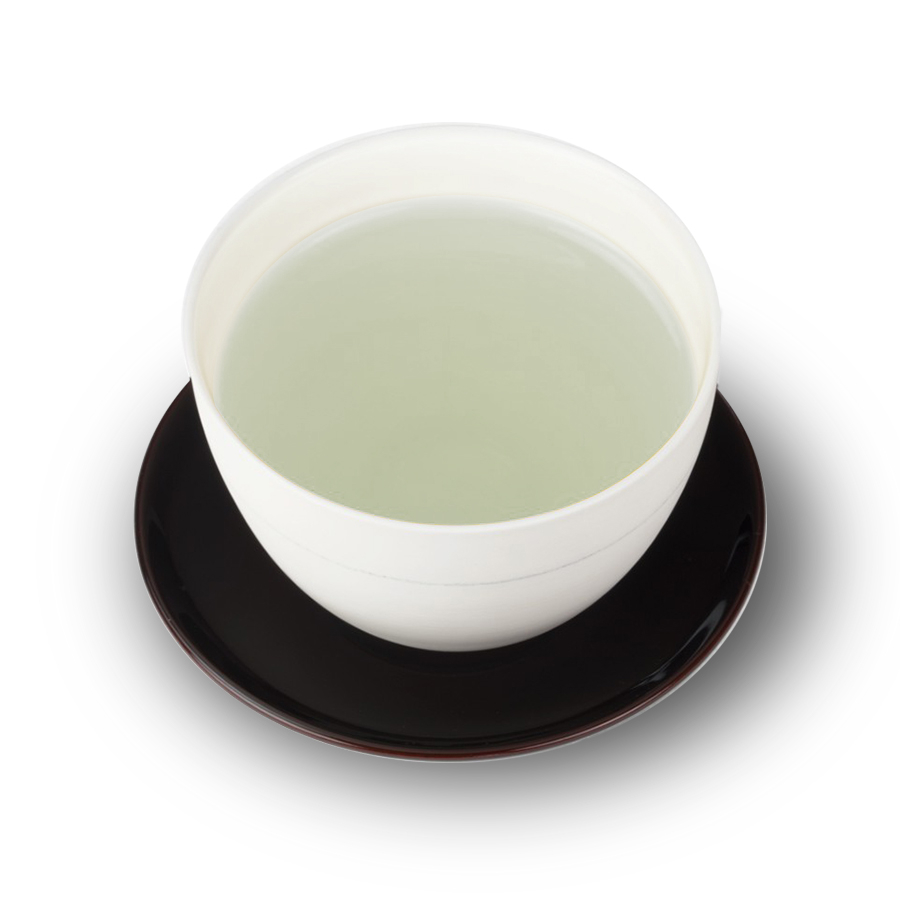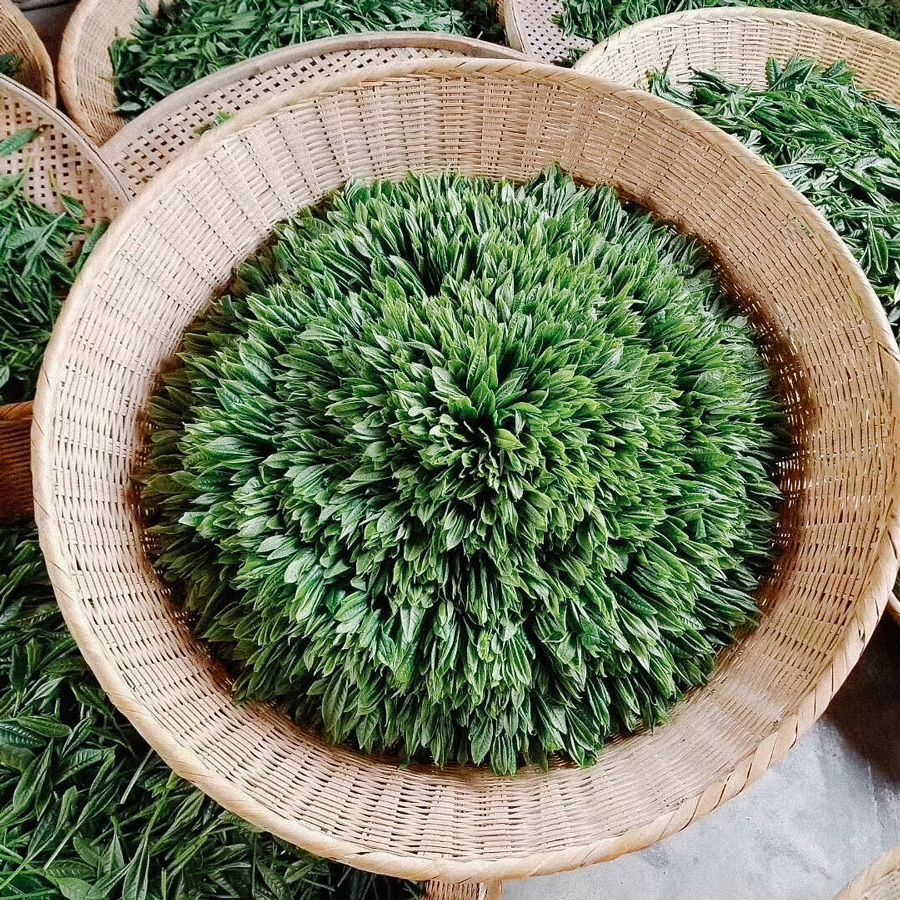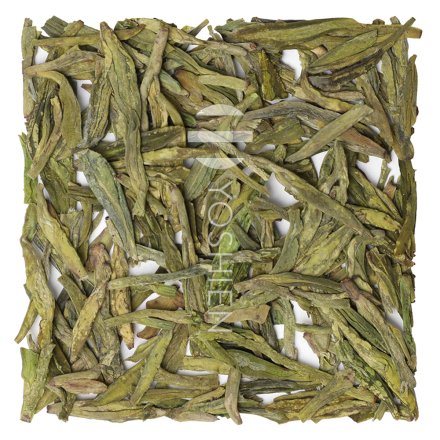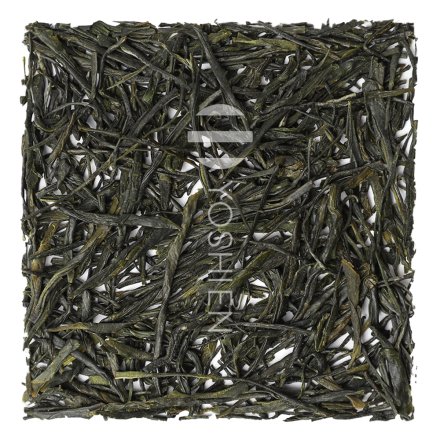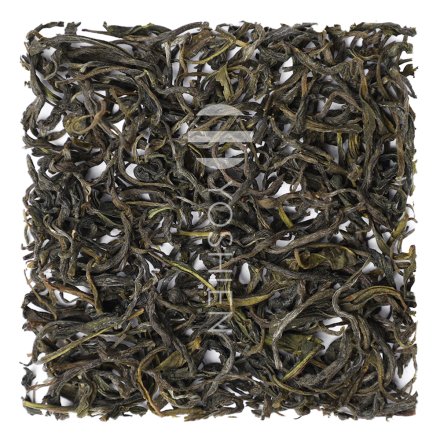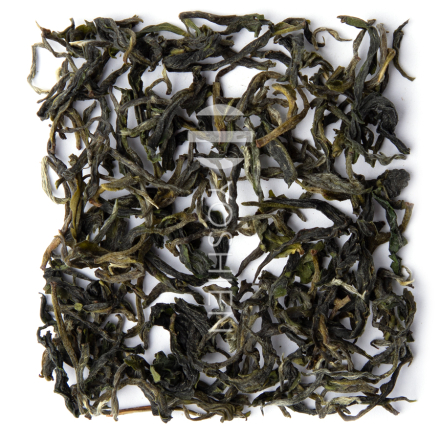Terroir
The Huangshan Mountains, the "Yellow Mountain" in Anhui is one of the five most famous mountains in China and has been depicted by Chinese painters for centuries as an ideal type: cloud-covered, steeply towering cliffs and gnarled pines growing in the rock. The region is known for several famous teas, including Taiping Hou Kui, Keemun black tea and Huangshan Mao Feng green tea. Within the mountainous region, there are only 3 cities that specialize in the production of Taiping Hou Kui: Hou-keng (猴坑 Monkey Pit) Hou-cun (猴村 Monkey Village) and Yan-jia (颜家 Yan Family). Our Taiping Hiu Kui comes from a tea farm in Hou-keng village. Hou-keng is considered by connoisseurs to be the best growing area among the three aforementioned villages, thanks to its north-facing location that slopes slightly to the east. The slope is located in a shaded area and is protected from strong sunlight. In addition to the misty conditions, this shady location is favourable for obtaining a higher content of amino acids in the tea leaves and an accompanying particularly smooth, wholesome taste.
Harvest
The first harvest of the year usually takes place between the end of March and the beginning of April. The following then in the second half of April. These two spring harvests are considered the best. This tea comes from the second harvest of the year. During the harvest, meticulous care is taken to include only perfect, undamaged leaves.
Processing Method
In terms of production, Taiping Hou Kui is not fundamentally different from other Chinese green teas. The harvesting of the leaves is followed by a short withering period, after which the leaves are then heated, typically in a large wok. This roasting of the tea leaves is also known as "Kill Green" (青鍋 Qing Gu), which means that the enzymatic oxidation/maturing of the leaves is stopped by added heat. This is the crucial step that ultimately defines the tea as green tea. This is then followed by multiple drying cycles in a specially designed oven.
For Taiping Hou Kui green tea, especially the cultivar, the strict leaf selection and shaping as well as the special oven drying is crucial. The cultivar Shi Da Cha No. 6 (柿大茶六號), endemic to Anhui, is characterized by its relatively large and oval leaf shape. This has established itself over time as the recognized best for making Taiping Hou Kui. After harvesting, the leaves are given only a short resting period, as they have to be processed quickly by hand. In this process, individual leaves are deliberately removed from the pairs of leaves in order to obtain the most uniform pairs of leaves possible, about 6cm long. The work is carried out according to precisely defined standards. This work is not only extremely time-consuming, but also requires a great deal of skill and not least experience. Last but not least, a speedy implementation is crucial here, as the leaves are still subject to the process of natural oxidation at this point and their taste continues to change with each passing minute. After this work, the leaves are heated particularly gently in the wok for a short time and further oxidation is prevented. After a short cooling phase, the decisive step for the shape of the tea takes place. In several cycles at different temperatures, the leaves are heated in an oven heated with coal fire and gently pressed.




